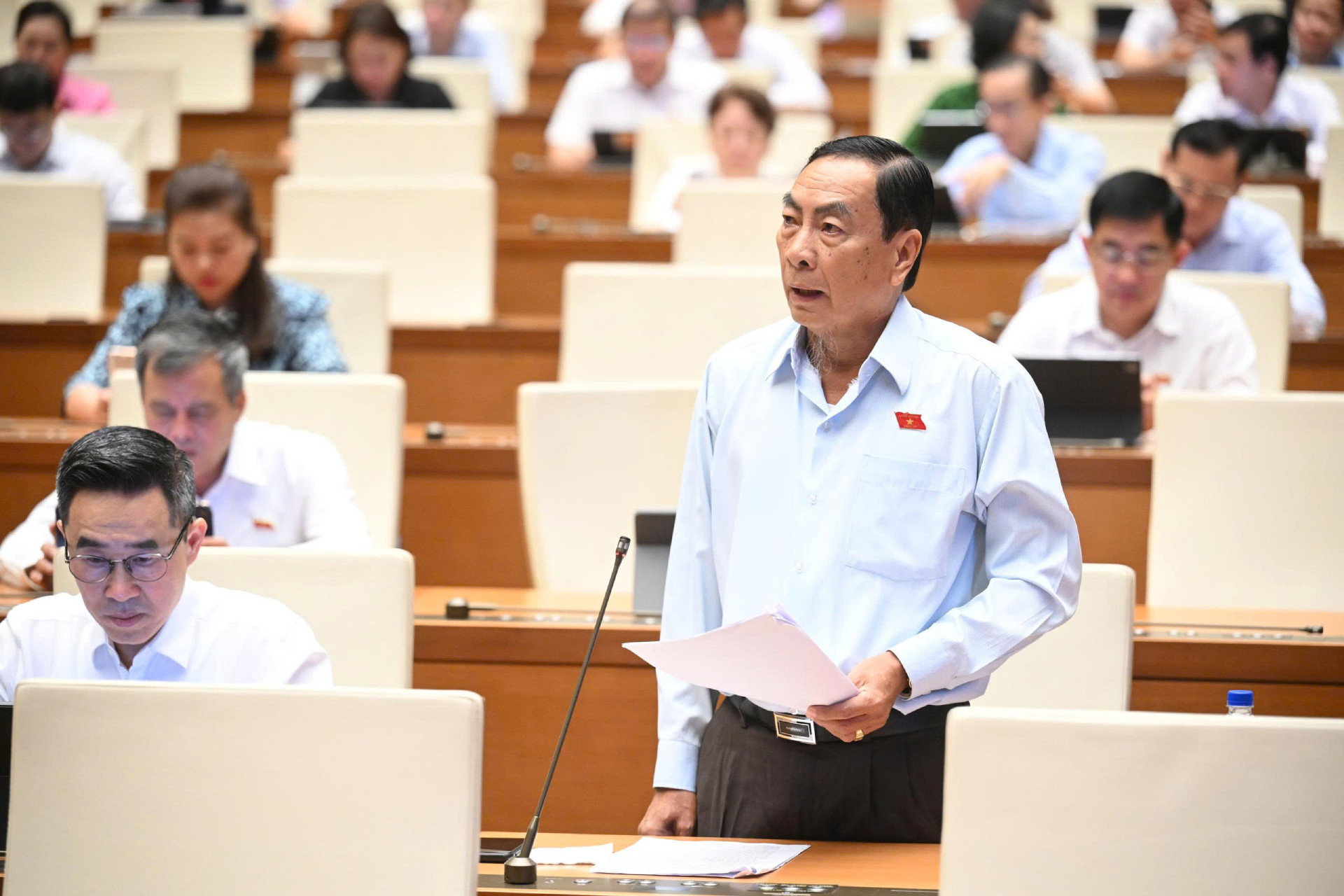
The National Assembly last Friday discussed the draft Resolution on piloting special mechanisms and policies for the development of Hai Phong City. One of the most remarkable points of the draft resolution is an FTZ with numerous incentives.
Under the draft, experts, scientists, and foreigners working in the FTZ would be exempted from visas, granted 10-year temporary residence permits, and offered 50 percent reduction in personal income tax.
Businesses operating in the zone would enjoy the preferential corporate income tax rate of 10 percent for 30 years, a 4-year tax exemption, and a 50 percent tax reduction for the subsequent 9 years. After the grace period, a 15 percent tax rate would apply.
National Assembly Deputy Pham Van Hoa from Dong Thap noted that, though Hai Phong is smaller than Da Nang and HCMC, it is a key economic hub deserving special mechanisms to become a regional coastal center.
However, he suggested through consideration over the designed incentives for Hai Phong FTZ as they seem to be much more generous than those for Da Nang FTZ. In principle, the incentives for the two FTZs should be nearly similar.
“Although Da Nang in the central region has developed earlier, Hai Phong may attract more investors to the northern economic hub if it offers more favorable land rent policies and other attractive incentives. If so, investors would flock to Hai Phong, leaving Da Nang’s FTZ empty,” Hoa said, emphasizing the need for healthy domestic competition.
Tran Chi Cuong, Vice Chair of Da Nang City People’s Committee, said that new policies and incentives for Hai Phong’s FTZ far surpasses those approved for Da Nang in June 2024.
Cuong said he supported allowing the pilot application of investment incentives to attract investment, especially strategic investors, but noted that the incentives must not lead to development inequality between localities.
Each locality has its own potential and advantages and the most important thing is to develop together to promote advantages, attract investment, compete with countries in the region, and mobilize resources to develop the country.
Cuong proposed that if the National Assembly approves these superior policies for Hai Phong, Da Nang’s FTZ should also be allowed to apply them to ensure consistency and enhance global competitiveness.
DaNang was the first locality chosen for an FTZ, with a 5-year pilot. The city is considering a sea encroachment project to build the FTZ, expected to create new economic development space for the city.
In late 2024, Da Nang submitted a proposal to the Ministry of Planning and Investment (now merged with the Ministry of Finance) for approval of the FTZ plan. While the specific location for reclamation is undisclosed, comprehensive studies are underway to determine investment direction and timelines.
Da Nang plans to develop 33 infrastructure projects, including three within the FTZ and 30 external technical and social infrastructure projects in Hoa Vang and Lien Chieu districts. Key projects include logistics and inland container depot (ICD) infrastructure, Urban Areas No 1 and No 2, the Cu De River port service urban area, and resettlement areas in Hoa Son, Hoa Ninh, and Hoa Nhon.
Cuong added that the pilot period of the FTZ is five years, but it does not mean that the pilot will stop after it is completed. Resolution 136 clearly stated that if the project still has unfinished issues after the pilot is completed, it will continue to be implemented.
National Assembly deputies have urged the National Assembly to expedite the issuance of a Free Trade Zone Law to apply to FTZs throughout Vietnam and to other localities, such as Van Don (Quang Ninh) and HCM City.
Addressing HaiPhong’s FTZ policies, Finance Minister Nguyen Van Thang stated that these were crafted based on studies of existing policies in Da Nang and successful global models like South Korea, China, and Singapore.
The policies are tailored to Hai Phong, offering high flexibility and openness, such as streamlined investment procedures and land leasing without auctions for prioritized projects.
Thang emphasized that the free trade zone policies follow a “one declaration, one inspection, one approval” model to foster a business environment aligned with international standards. He described this as a breakthrough model, implemented gradually with oversight to minimize risks.
During implementation, the Ministry will evaluate and propose expansions, laying the groundwork for nationwide FTZ regulations.
Tran Thuong